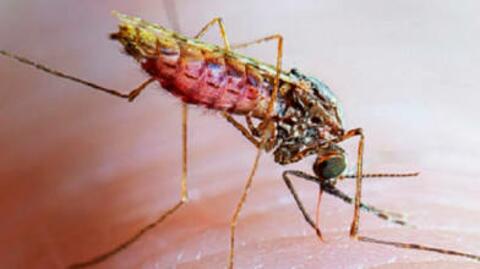By: Richard L. Smith
Image: CDC
The New Jersey Department of Health (NJDOH) announced it is investigating a rare case of malaria in a Morris County resident who has no history of international travel. 
According to a press release from NJDOH, officials are working closely with the U.S. Centers for Disease Control and Prevention (CDC) to determine whether the individual contracted malaria locally.
If confirmed, this would be the first known locally acquired case of malaria in New Jersey since 1991.
While Anopheles mosquitoes that can transmit the disease are found in the state, health officials emphasized that the risk to the general public remains low.
“While risk to the general public is low, it’s important to take precautions to prevent mosquito bites and ensure early diagnosis in returning travelers,” said Acting Health Commissioner Jeff Brown.
Environmental Protection Commissioner Shawn M. LaTourette urged residents to eliminate standing water around their homes to reduce mosquito breeding as summer winds down.
Malaria is a mosquito-borne illness commonly found in tropical regions. Symptoms include fever, chills, headache, fatigue, and nausea, typically appearing within 7–30 days after exposure.
While treatable with prescription medication, the illness can be life-threatening if not addressed promptly. 
Each year, about 100 travel-associated malaria cases are reported in New Jersey. Locally acquired cases occur when a mosquito bites an infected traveler and then transmits the parasite to another person.
The investigation remains ongoing, according to NJDOH.
